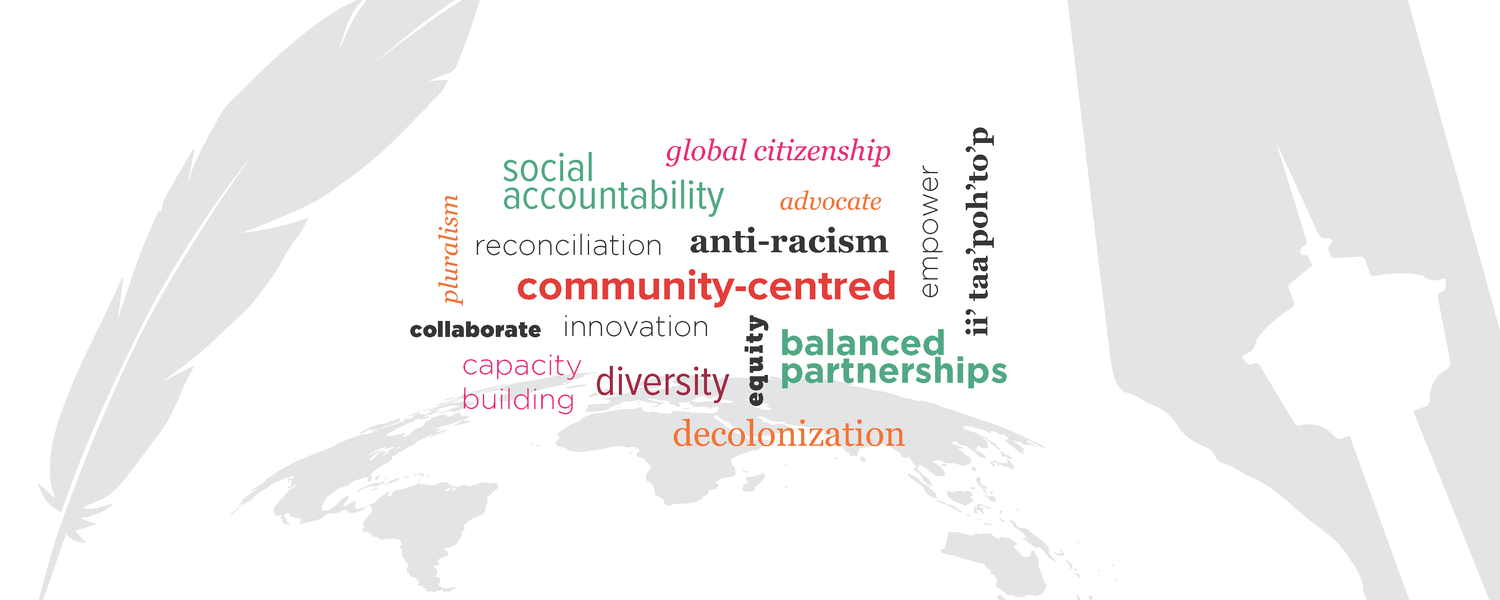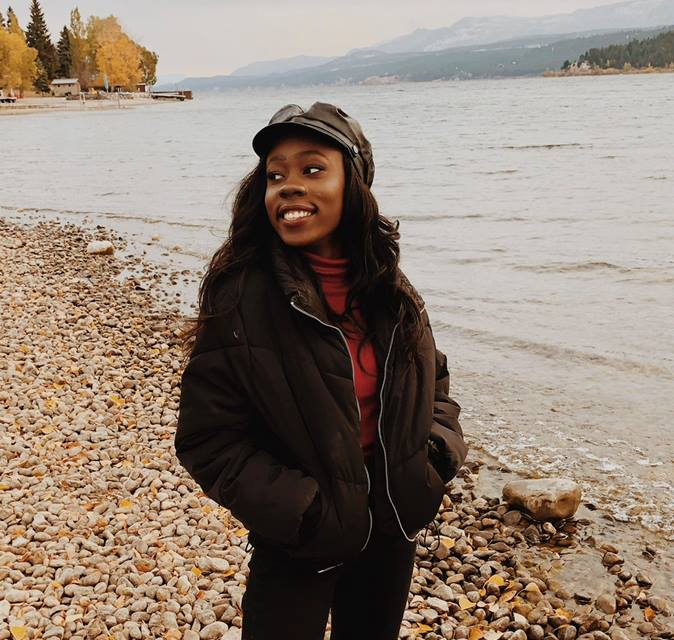
Student Reflection
Building on Connections Made in Tanzania
Queen Elizabeth Scholars Program Tanzania
Which program did you participate in - field school, internship, elective or scholarship?
I went to Tanzania for three months through the Queen Elizabeth Scholars (QES) program. Most recently, I have been attending monthly/bimonthly sessions at the Cumming School of Medicine where we virtually meet with Tanzanian students and talk about different topics.
Why did you decide to participate in this global health program?
I've always had an interest in global health and in women’s health. Going to Tanzania through the QES was a good fit. I couldn’t return to Tanzania due to COVID, but I still wanted to get something out of the global health concentration. I felt that the seminars we were having were still of value. It's one thing to read about Tanzanian health care systems, it's another to hear physicians and medical students talk about it from their own perspectives.
What kind of work did you do in your program?
The internship was rooted in Maternal and Child Health, with a focus on reproductive and sexual health of adolescents and youth in rural Tanzania. Our global health concentration has different components, one being the connections and collaborations with the Tanzanian medical students. Another is the longitudinal placement with different global health-esque clinics in calgary. We also have these monthly meetings where we read different topics related to global health.
What personal trait do you think helped you the most during your experience?
Being open minded; you can’t approach global health while being narrow minded. You can come in with one solution from your perspective but you have to be open minded because there are others who have different experiences and proposed solutions. You find ways to collaborate with people and challenge your own perceptions of what you think is right or wrong.
Do you think global health experiences such as this are valuable to universities and
individuals? If so, why?
Yes. I think it's really important that students start global health experiences early to become exposed to the values global health teaches you. These values are incredibly beneficial to have as a physician or researcher.
How were you able to develop cross-cultural skills while participating in your program?
Through the Black Medical Students Association. For medical students who aren’t black, it’s great to learn about how health care relates to black people, and people who identify as BIPOC. I think that it is interesting to find ways that we can help non-BIPOC see how racialized people view health, and I as a racialized person see how health relates to BIPOC people.
What surprised you the most about your program?
I think just how easy it is to make long lasting connections with people who live in other countries. That’s what I like about global health; you don’t have to be an expert in global health. The community is so open and willing to bring in beginners and people who are willing to listen and learn.
In what ways do you think this experience improved your personal, advocacy, and leadership skills?
That experience taught me that you can find global health issues still relevant in your own communities. I could transfer that interest in global health to local communities in Canada.
Did this experience change the way you viewed healthcare either globally or locally? If yes, how so?
I think it really emphasized to me how important it is to collaborate with others even if you don’t have the exact same values and experience. It’s the best way to find solutions since you haven't seen everything, it's nice to have people who have different experiences.
How did this experience influence your career path?
I always knew I wanted to go into medicine, but now I would like to incorporate global health. Hopefully I can do a Masters of Public Health. I see myself working in clinics and hospitals for a couple of years and then transitioning into policy or more of a political landscape.
What is one thing you wish you knew before beginning your experience?
The one thing I didn't think I would experience in Tanzania was culture shock. I'm originally from Nigeria so I assumed it would be easier for me to navigate the field school. However, I found that Tanzanians would often speak to me in Swahili and assumed that I would understand the language. I think it was a form of culture shock I didn’t expect.
What advice would you give somebody looking to participate in a program such as this?
My advice would be to throw yourself into opportunities. Not everyone has the time or means to travel abroad for an extended amount of time, but you can still find opportunities locally that translate to global health.
- Liz | Bachelor of Health Sciences | Med Class 2023

